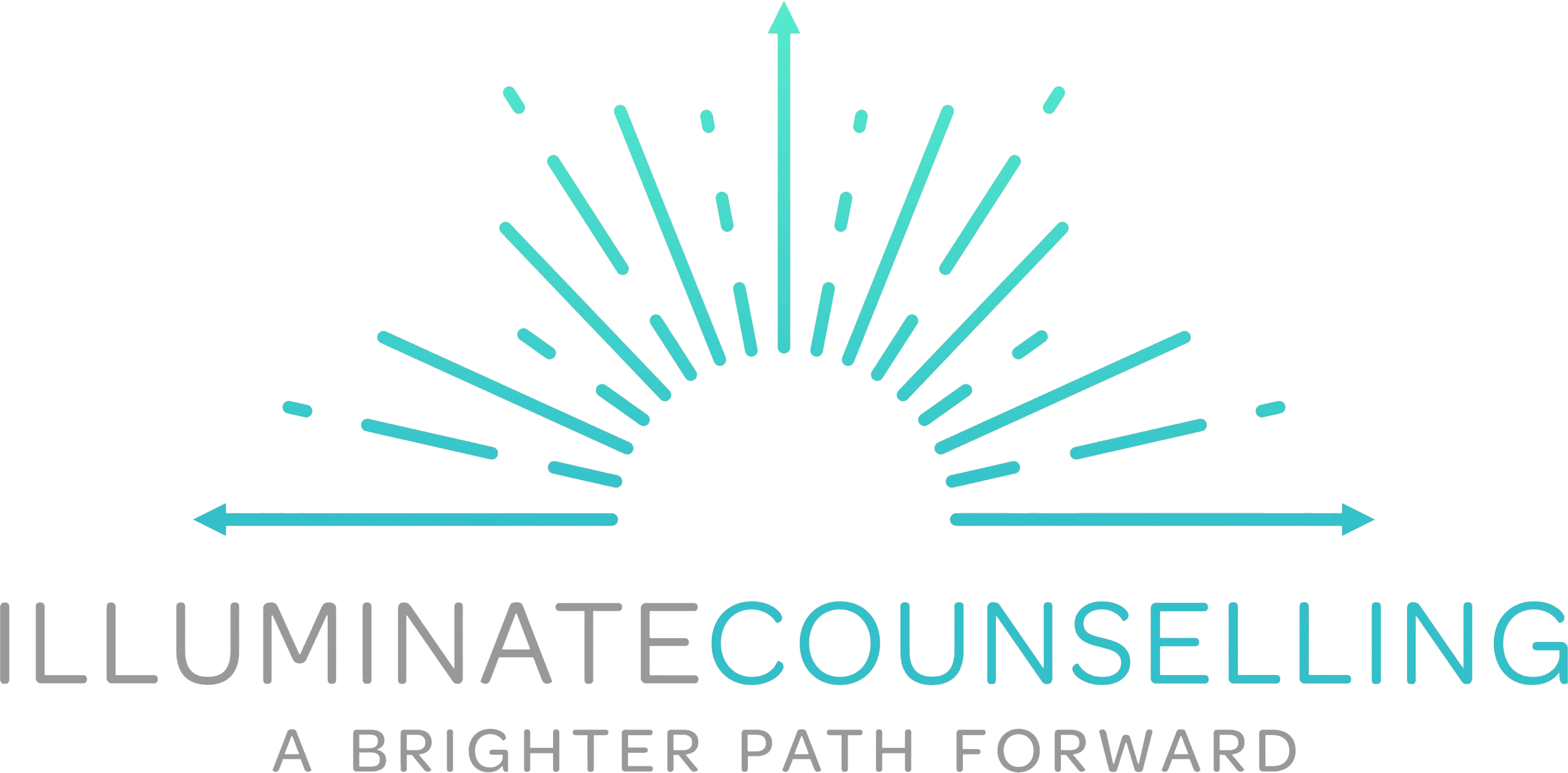Counselling for Postpartum Depression & Anxiety
Pregnancy and postpartum can be particularly challenging times for women’s mental health, often requiring professional support such as counselling for postpartum depression. During pregnancy, a woman experiences a multitude of rapid changes to her body, brain, and her hormonal system, as well as going through complex identity adjustments. Postpartum, the changes continue while a woman is also recovering physically. The struggles of adjusting to motherhood are common and yet often a new mother can feel alone, isolated, anxious, and depressed. Sometimes, she may also be dealing with distressing symptoms stemming from a traumatic birth.
Sound familiar?
“I’m a terrible mother, I can’t do this.”
“My partner doesn’t understand how hard this is for me.”
“My thoughts have become so negative…”
“I’m paralyzed with worry about my baby’s safety.”
“I just don’t feel myself anymore.”
“I’m angry all the time. I feel like I’m always yelling.”
The perinatal period (prenatal + 1 year postpartum) is a time of significant change. We often focus on the exciting and happy parts of creating a family, which leaves little space to honour how having a baby drastically changes one’s life. It should come as no surprise that approximately 1 in 7 women, and 1 in 10 partners, will experience a Perinatal Mood & Anxiety Disorder (PMAD) (Canadian Psychological Association).
There are also many individuals who may not meet all of the criteria for a PMAD diagnosis, and yet still experience significant anxiety and depression symptoms. So if you are pregnant or a new parent and are feeling overwhelmed, or your mood is getting in the way of being able to function, please know that you are not alone and with help, you can feel well again. We encourage you to read our article Why Every New Mother Should Consider Counselling, to help you think about if it could be the right time for counselling for postpartum depression and/or anxiety.
How Can Therapy Help?
Make peace with the complex challenges of new parenthood.
Many new parents think they should somehow be able to do it all. This myth keeps people stuck in a vicious loop of self-doubt, self-criticism, and stress. This typically fuels more and more guilt about the ways in which they feel like a failure. At Illuminate, our work is centered on the belief of building compassion during this challenging time of life.
Recognize familiar patterns that are showing up.
The relationship we have with our emotional self begins to develop in childhood, and quite often psychological challenges that are showing up today are actually old or familiar messages from childhood. A current stressor or significant life event (like having a new baby), has a way of triggering our past emotions and old wounds.
Explore the origins of your depression and anxiety.
There is power in understanding WHY your body & mind are doing what they’re doing.
Understand & process birth trauma.
Following a traumatic vaginal birth or c-section, it is common to experience an array of disturbing symptoms, including anxiety, depression, flashbacks, hypervigilance, rage, etc. These responses are especially likely if a woman has felt powerless, out of control, or unsafe during this vulnerable experience. Counselling can help you make sense of your feelings about what happened.
Learn new ways of coping.
We’ll examine what you’re already doing to support yourself (you may not be aware of it yet, but there’s always something helpful you’re already doing). We will also explore customized strategies for you to add to your “coping toolbox”. Counselling can help you learn self-compassion and uncover new mindsets to get through this challenging, and feel more like yourself again.
Connect with additional mental health referrals if necessary.
Your therapist will assess the severity of your symptoms and you’ll be able to discuss what seems “normal” for you, given this life change. It takes a village to support a mother, so appropriate referrals are regularly made. We encourage our clients to draw from many sources (professional and personal) to maintain good mental health and resiliency.
Good Moms Have Scary Thoughts
You’ve just had a baby. Anticipation is at an all-time high. Suddenly, the responsibility of fiercely loving this precious, uttery dependent human being has transformed into sheer terror. You realize life will never be the same. Your look different. Your are different…
– Karen Kleiman, Good Moms Have Scary Thoughts
Ready to Get Started?
You don’t need to go through this alone. Counselling for postpartum depression and anxiety can help. We have a team of counsellors that can help you deal with the distressing symptoms of anxiety and/or depression. If you’re not sure what kind of support you need, we’ll be happy to match you with a counsellor who can help you feel more like yourself.
Our Postpartum Depression & Anxiety Counsellors

Alexandra Stewart

Ruth Skutezky

